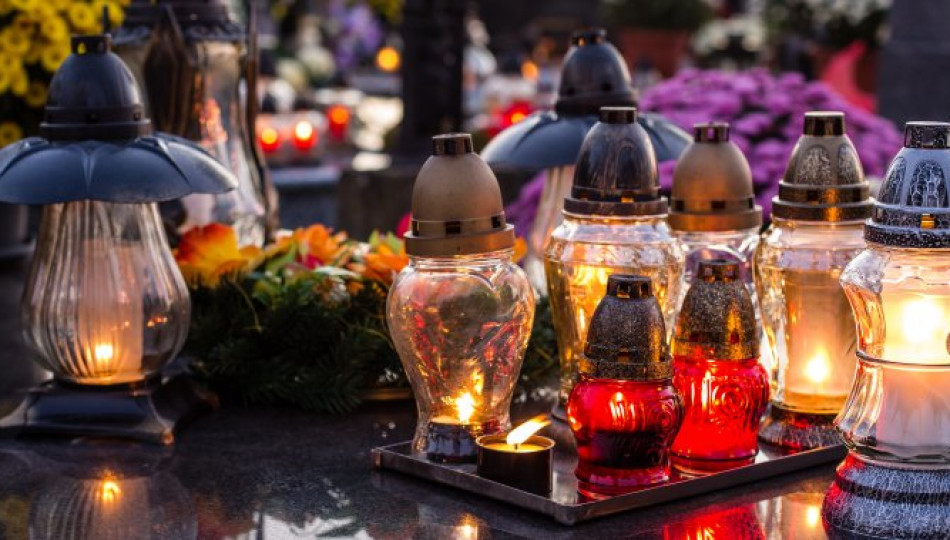All Saints’ Day in Poland

Editor

related articles
Feast of saints or the dead?
Although All Saints' Day (in Polish: Dzień Wszystkich Świętych), as its names suggests, is connected to Christianity, it is often celebrated by the majority of Poles, even atheists or those of different religions. It originated as a way of celebrating all those regarded by the Church as 'saint' and therefore giving example to those still walking the Earth. With time, however, it gained more recognition as a holiday devoted to remembering the loved ones who had already passed away. In fact, it got mixed with the pagan feast of the dead, which is more connected to the modern Halloween.
Day off work
Nowadays religious Poles tend to visit churches on this day, while the majority of them gathers at cemeteries to remember dead family members, friends, prominent historical figures, or local activists. It is a day off work as many people tend to travel far away back to their hometowns and other destinations to pay respect and meet family members. For Polish people, All Saints' Day may be one of the most popular family gathering opportunities right after Christmas and Easter.
The day after
As with many Polish holidays, this one also stretches a bit further, to the following day, which is called the All Souls' Day (in Polish: Zaduszki). As far as religion goes, this should be in fact the major celebration of those who have passed away but have not exactly achieved sainthood. In reality, although it is not a day off work, many people spend it at home anyway or travel to another destination to visit the graves of more distant family members.
What can you do?
As a foreigner, who works or studies in Poland, you are very likely to have a day off due to the national bank holiday. It is a perfect opporunity to learn more about Polish culture and the people who live or have lived here. Go and visit a local cemetery, especially after dusk, when the lights and candles make for an unusual sight. You can even find a neglected grave or a nearby war memorial and light a candle yourself. Do not worry - they are going to be full of people still visiting the graves and you may even hear a lot of friendly chatter along the cemetery lanes.
In terms of traffic, even though it is a holiday, cities and towns tend to be pretty busy, especially around cemeteries. It is quite a common practice for city councils to introduce extra bus lines, sometimes free of charge, to help the citizens and especially the elderly reach the graves of their loved ones, as well as to work against traffic congestion.
Do you like the sound of this day or do you prefer its more cheerful version, Halloween?












